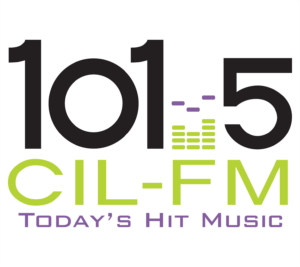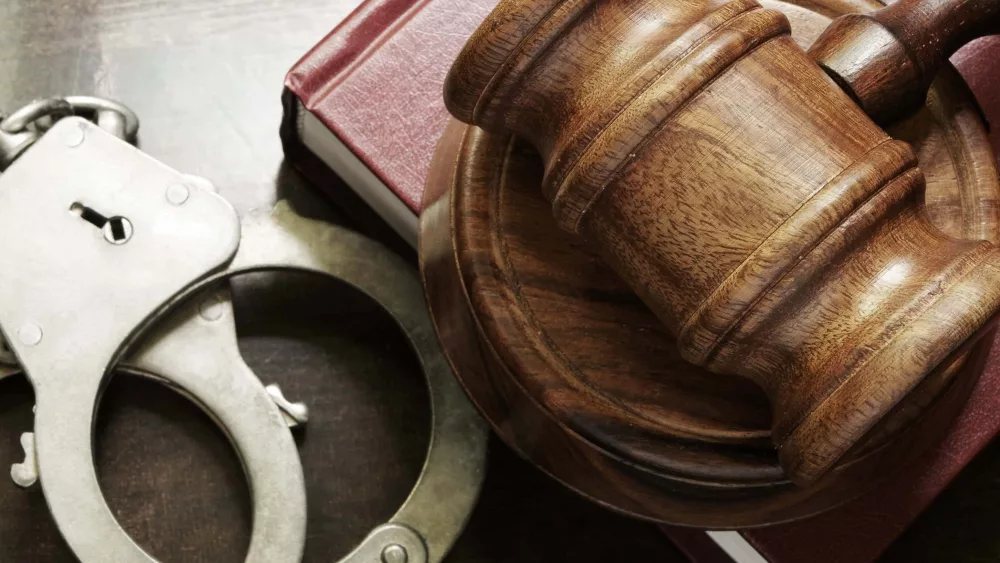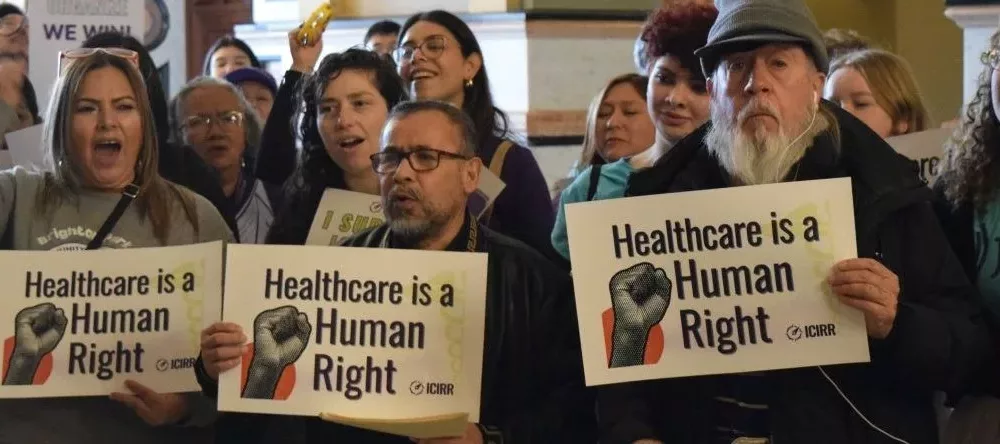FILE – In this March 30, 2020 file photo, Illinois Gov. J.B. Pritzker speaks at the Thompson Center in Chicago during the daily update on the state’s response to the coronavirus pandemic. (Ashlee Rezin Garcia/Chicago Sun-Times via AP File)
SPRINGFIELD, Ill. (AP) — Surging COVID-19 cases in Chicago prompted Gov. J.B. Pritzker on Tuesday to ban indoor dining and bar services and limit the number of people gathering in one place.
The rules taking effect Friday will force diners and bar patrons outdoors and shut down service at 11 p.m. No more than 25 people may gather at one time, or in other indoor spaces. Occupancy may not exceed 25% capacity.
“We can’t ignore what is happening around us, because without action, this could look worse than anything we saw in the spring,” Pritzker said, referring to the start of the pandemic, when health care resources were pushed to the limit because of the overwhelming number of COVID-19 cases.
Chicago, which comprises Region 11 of the state’s 11 COVID-19 monitoring regions, joins six other regions subject to what the Pritzker administration calls “resurgence mitigations.” A day earlier, Pritzker imposed the restrictions on Region 10, Cook County outside of Chicago and Lake County to the north.
Other regions which hit the mitigation bar did so when positive rates of COVD-19 test results topped 8% for three consecutive days. Dr. Ngozi Ezike, the state public health director, said the latest additions, Cook County on Monday and Chicago on Tuesday, have seen a jump in positive test results but also troubling increases in the numbers of sick people requiring inpatient treatment.
“Hospital admissions are going up alongside increases in test positivity,” Ezike said. “Based on current trends, we soon could face reduced hospital bed availability and overwhelming our health care systems.”
Earlier Tuesday, Dr. Allison Arwady, commissioner of the Chicago Department of Public Health, predicted the action taken by the governor, pointing out that while COVID-19 is not as prevalent as during the pandemic’s early days in March, the number of confirmed cases is doubling every nine days.
“COVID is widespread here in Chicago, and we need you to double down on the things that you know work,” Arwady said. “Please as much as you can, if there are interactions you’re having that are not essential, back off on those.”
By JOHN O’CONNOR | The Associated Press
Associated Press writer Kathleen Foody contributed from Chicago








